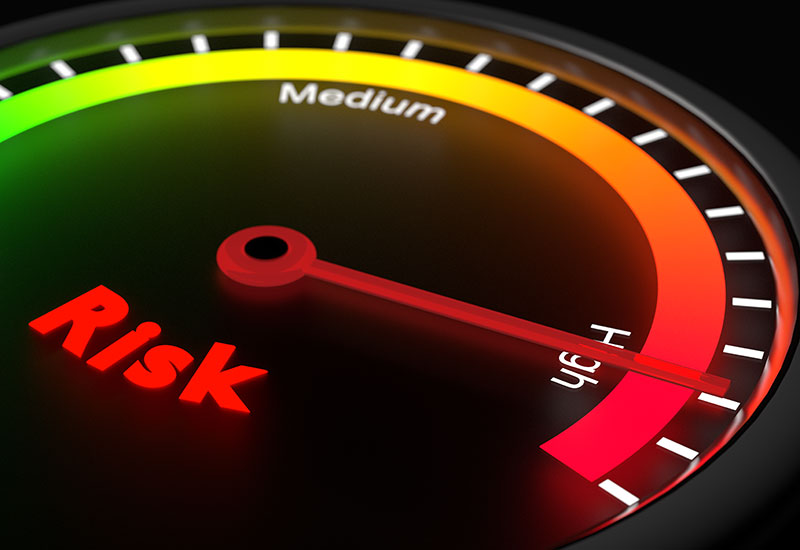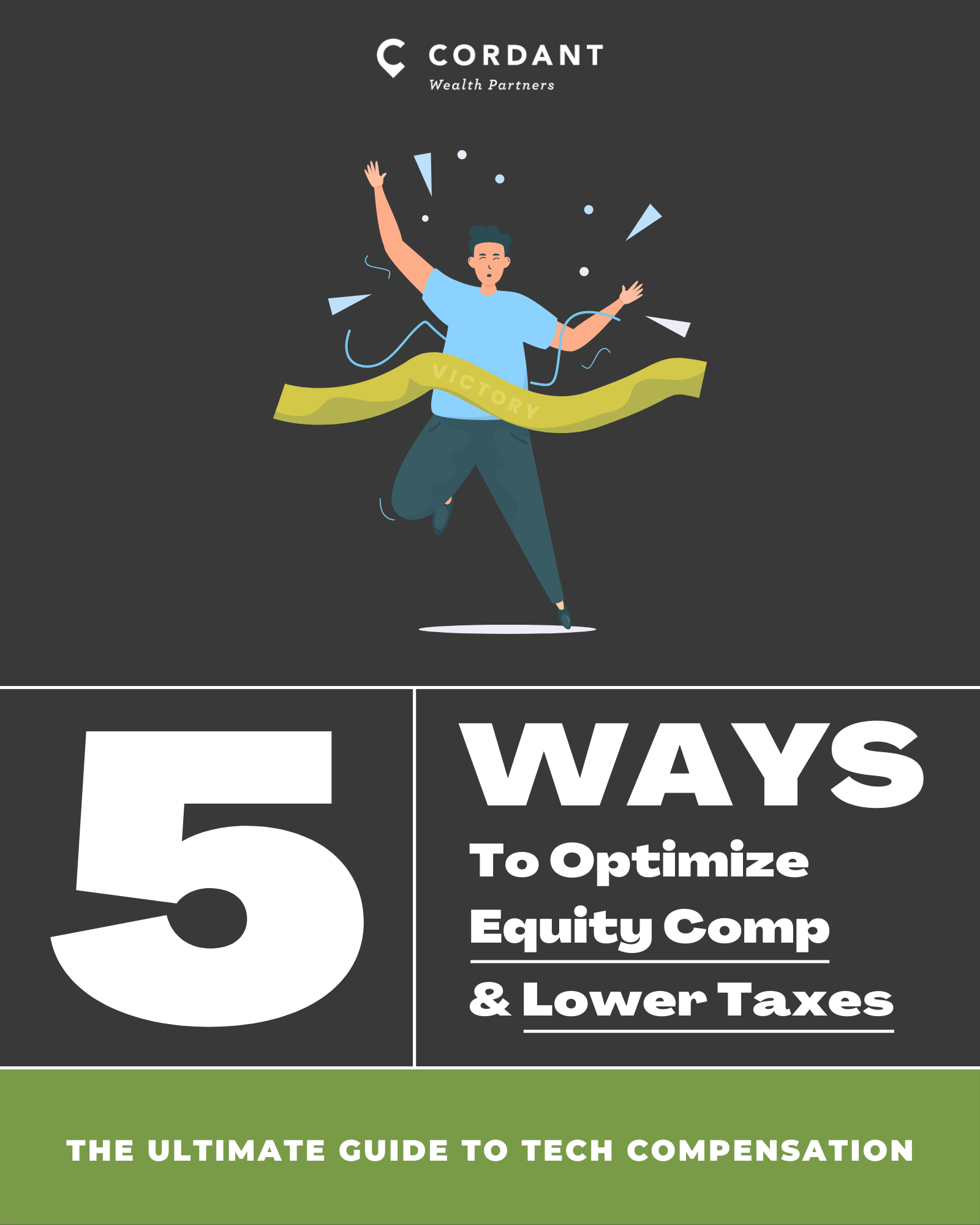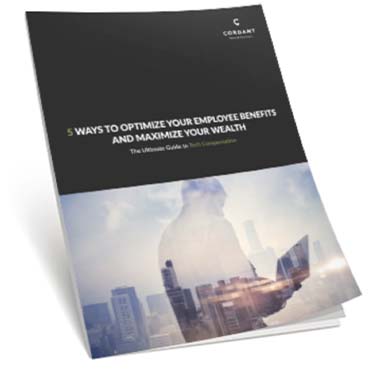Should I own an individual stock?
This is a question we hear frequently in regards to Intel, given our focus on wealth management for their employees. It also comes up with non-Intel clients who are considering other stocks for their individual or trading accounts.
And the answer?
According to the research, probably not—for two main reasons:
- Individual stocks are riskier than many realize
- Individual investors are historically poor stock pickers
What are the risks?
Let’s say you own an individual stock. What is the probability that your stock will perform better than the market? You might assume an even 50/50—half of stocks do better than the overall market and half do worse, leaving the overall market with average returns… right?
Unfortunately not.
This would be true if stocks returns were symmetrical (technically, normally distributed)—however this actually isn’t the case. When you own stock in a particular company, the most you can lose is 100%, but your upside is essentially unlimited. While this may seem like a good thing, it actually means that there are more losing stocks than winning stocks—and that the overall return to the stock market represents a small number of the overall universe of stocks.
A recent study highlights that individual stocks are actually more risky than you probably think. According to research by Longboard Asset Management over the period from 1983-2006:
- Nearly 2 in 5 stocks actually lost money (39%)
- Nearly 1 in 5 lost at least 75% of their value (18.5%)
- Nearly two-thirds of stocks (64%) underperformed a broad index of US Stocks (The Russell 3000 Index which represents around 98% of the investable U.S. equity market)
- Only 25% of the stocks were responsible for all market gains (see chart)
So, if you have a 2 in 3 chance of underperforming an index and a nearly 1 in 5 chance of losing 75% of your investment, why would you take the risk on owning an individual stock?
One common reason is that investors are confident in their ability to select the “good” stocks.
What if I’m a good stock picker?
So, if a random selection of individual stock gives poor odds, what if you overcome this disadvantage with superior stock selection?
Unfortunately, the research here doesn’t look pretty either.
According to a 2011 paper entitled “The Behavior of Individual Investors” individual investors don’t have an advantage here. Some of their findings:
- Individual investors systematically earn subpar returns before costs. Stocks bought by individuals underperform the stocks sold by 2.76% annually in the 12 months after the trade.
- After costs it gets even worse. Over the period of 1991–1996, in a sample of 65,000 investors, the 20% who traded most frequently (the top quintile) earned 7% less annually than those that traded the least (the bottom quintile) on an after-cost basis.
The fact is, owning individual stocks is incredibly risky—and selecting which stocks to own is much more difficult to do that many tend to think.
Larry Swedroe, in a recent post titled “Why Buy Individual Stocks?” sums it up nicely:
Unfortunately, the evidence indicates that the average investor, while nominally risk averse, doesn’t tend to act that way. In fact, individual investors often fail to properly diversify. That is the triumph of hope over wisdom and experience.
Cordant helps its clients take an intentional approach to wealth management. To learn more, give us a call at 503.621.9207.
Click here for disclosures regarding information contained in blog postings.


